Winter Term AY2023

Contents
- Reflecting the Internation Program of "Faculty-led Service-Learning"
- Reflecting the three years of Common Good Grant
- Interviewing Host Institutions by SL Ambassador
- Reflecting ICU by the Graduating Students
- Service-Learning in ICU's Academics
- Message from the Director of SLC
- Editor's note
This year marked the first time to offer the international program of "Faculty-led Service-Learning Course" planned on AY2020. It is also the final year of the Common Good Fund Student Project, implemented for three years starting in AY2021. In this issue, we reflect on the service-learning activities in AY2023 from the viewpoints of faculty members, students, and organizations, and explore the future of service-learning.
Reflecting on the Internation Program of "Faculty-led Service-Learning"
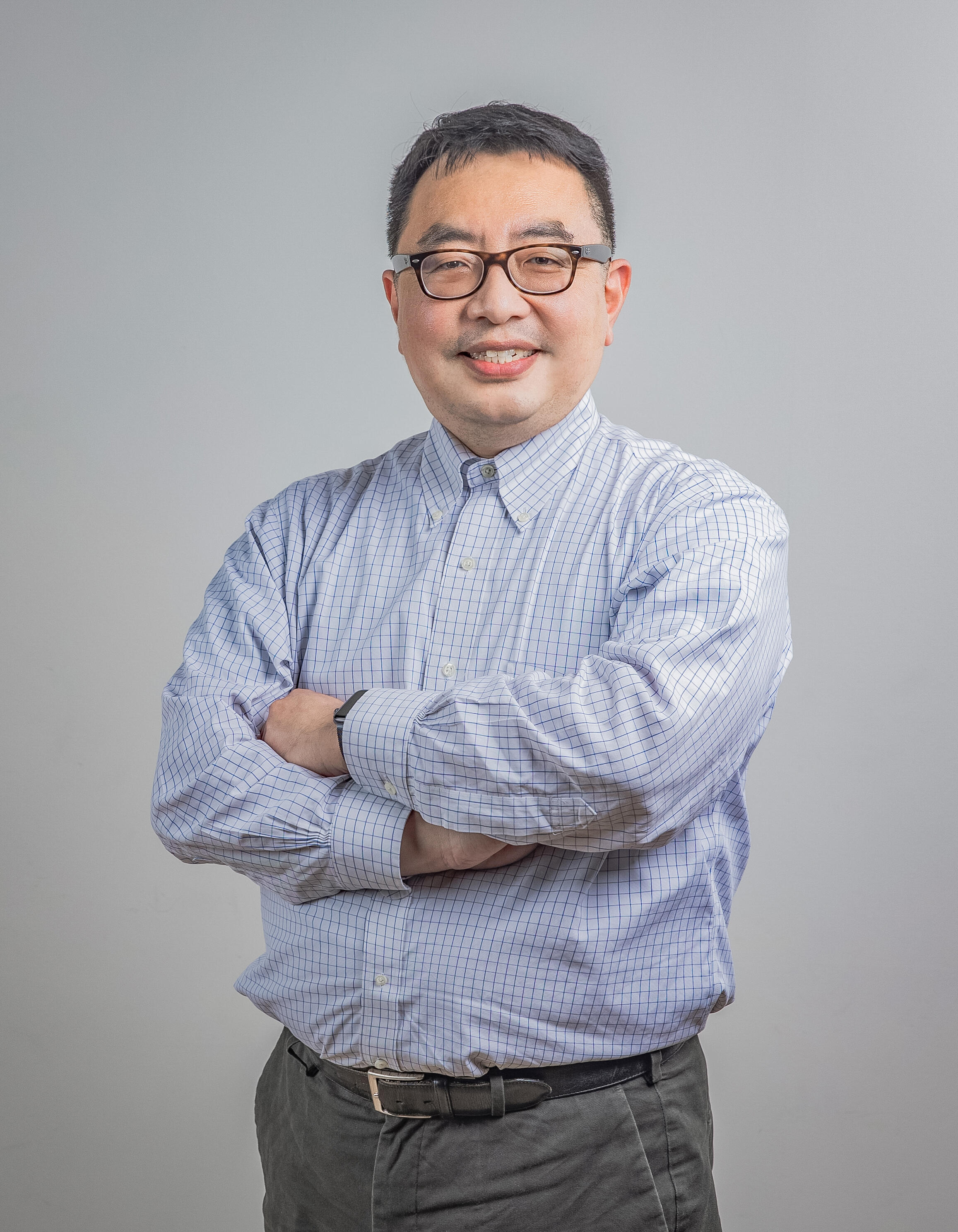 Professor Seunghun Lee
Professor Seunghun Lee
Linguistics
In August 2023, the SLC program in Korea took place over four weeks in Miwon, Chungcheongbukdo. Guided by the program coordinator at Gombesa Farm, participating students engaged with various stakeholders in a rural area of Korea. Through activities with students in K-12 schools, local business owners, and younger farmers, the program unveiled commonalities and differences between Japan and Korea, both grappling with population decline in their rural areas. The shared challenges in these rural regions fostered a nuanced understanding of the issues each country faces. The stakeholders warmly welcomed the students, creating an atmosphere of friendliness and hospitality. Additionally, students had the opportunity to interact with academics at a regional university closely collaborating with policymakers. They were surprised to discover variations in opinions and thought processes between the academics and the stakeholders. Exposure to diverse views within society expanded the students' experiential learning during the SLC program. Looking ahead, implementing comparable programs could further benefit SLC students, providing valuable insights into the nuanced differences that exist in seemingly similar countries on the surface.
Reflecting on the three years of the Common Good Grant
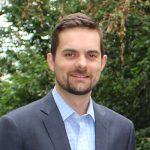 Mr. Paul Hastings
Mr. Paul Hastings
President & CEO, Japan ICU Foundation(JICUF)
When I was a senior at Bowdoin College, I participated in a newly established extracurricular student program called the Common Good Grant Project. The idea was simple. A group of students were entrusted by Bowdoin with $10,000 to distribute to local non-profit organizations. In the process, we had to learn how to advertise the opportunity, how to create and run an application system, and how to review and select proposals to fund. The experience ended up having a big impact on me. Until then, I had only had the experience of being evaluated, for example when applying to college or in my academic courses. Through the Common Good Grant Project the tables were turned and I was entrusted with being an evaluator. This new perspective and responsibility ended up being an enormous learning experience for me.
During the 2019-20 academic year, I was living and working on the ICU campus. During that time, I held several meetings with then SLC Director Mikiko Nishimura and her staff, and during one of those meetings I proposed creating a Common Good Grant Project at ICU. We agreed to pilot the program over a three-year period, with JICUF providing ¥1,000,000 per year, and SLC providing on-the-ground support. The program has been a big success and the impact on the ICU students who have participated and on the local community has been significant. Over the three-year period, 33 students have been part of the program and applications were received from 36 local organizations.
JICUF will be opening an office on the ICU campus in April 2024 and we intend to continue to offer the Common Good Grant Project into the future.
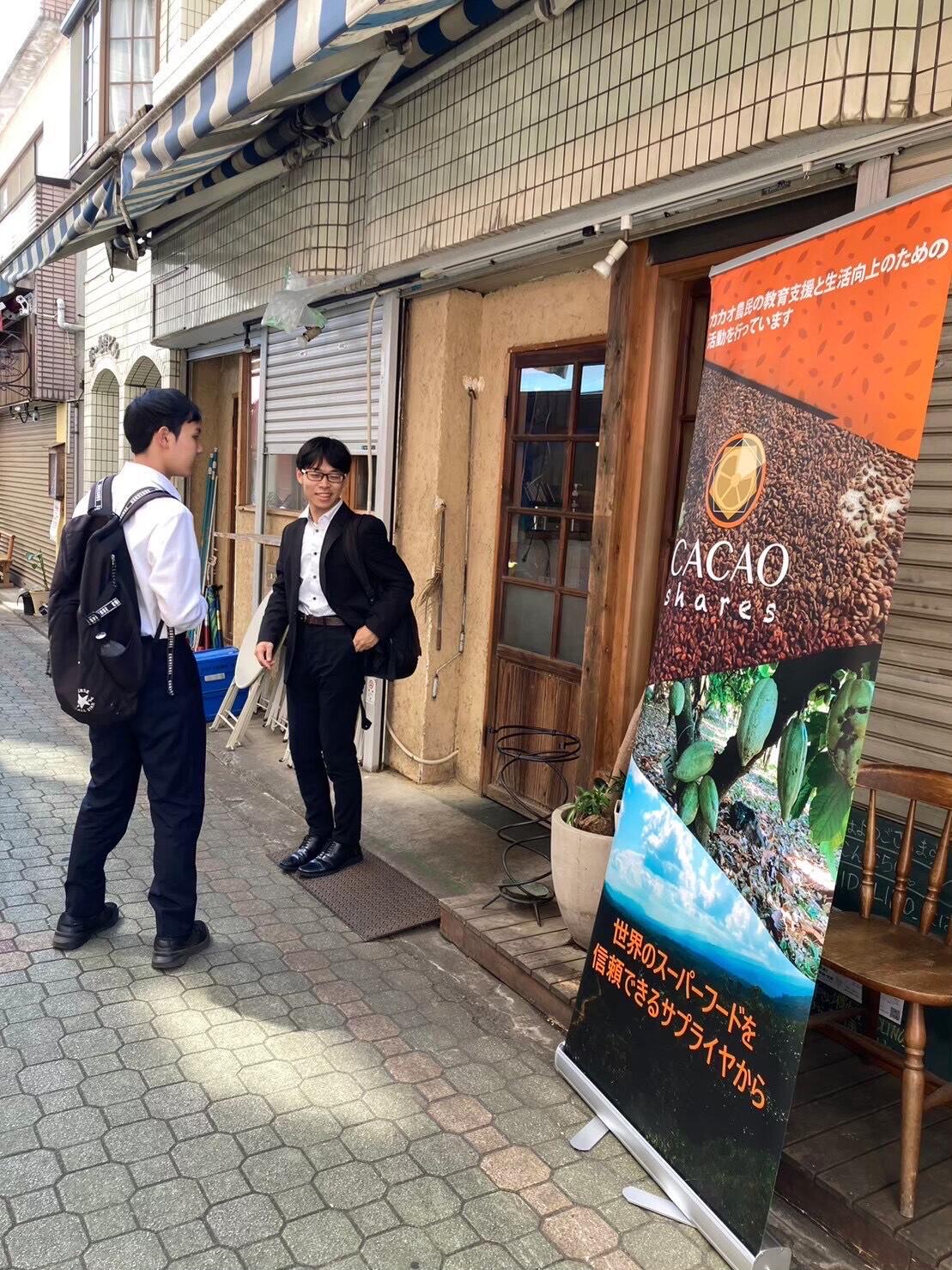
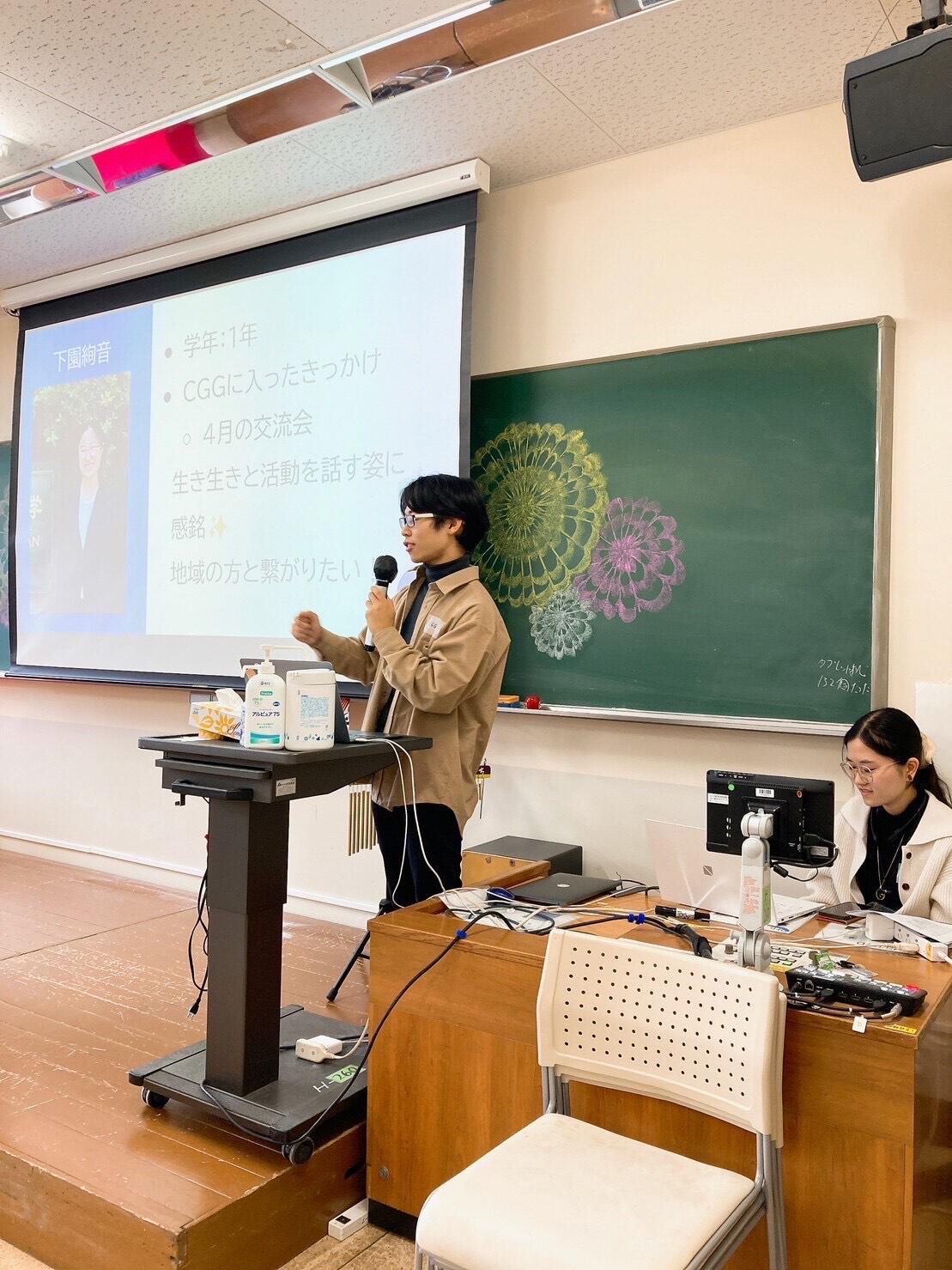
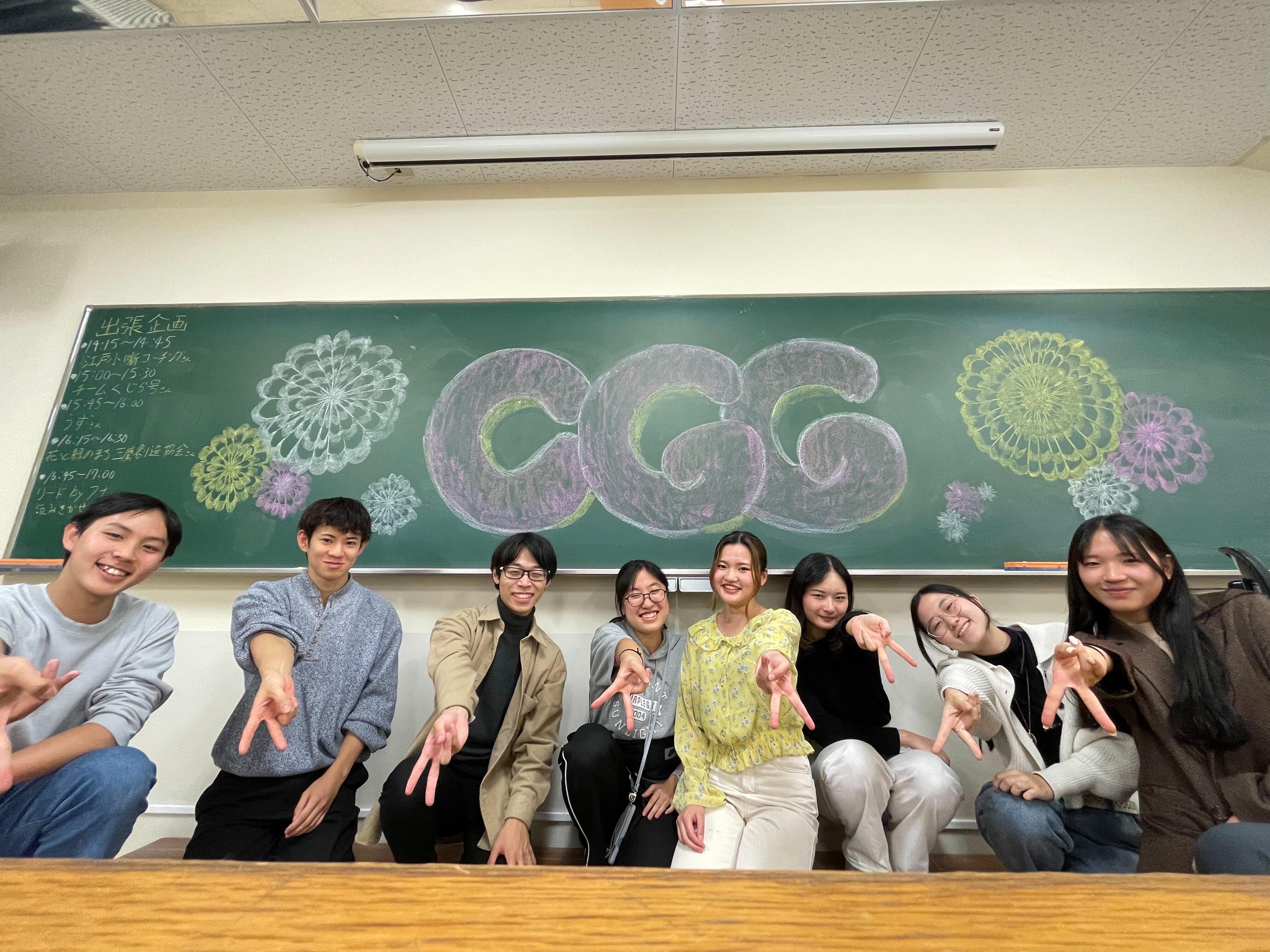
Interviewing Host Institutions by SL Ambassador
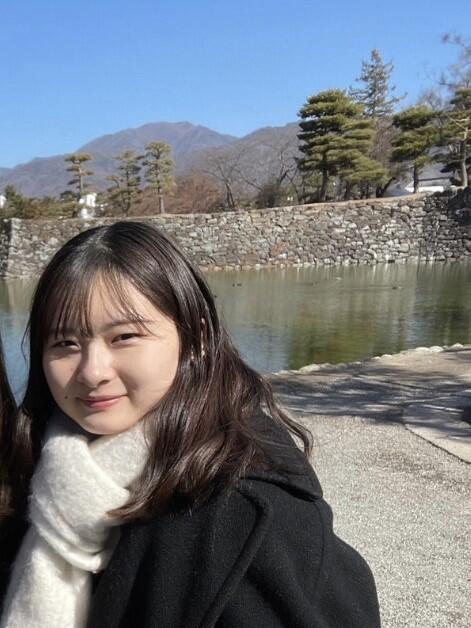 Natsu Kimura
Natsu Kimura
Chardjou Farm & Dana Village, Fukushima
I spent one month at Chardjou Farm and Dana Village in Fukushima Prefecture. At the farm, I learned about environmentally friendly agriculture through daily farm work, and at Dana Village, I lived with volunteers from all over the world. Finding a host institution alone was more difficult than I had imagined. I was very anxious about the preparation and jumping into a place by myself where I did not know anyone. However, this experience led to my growth and the realization of a new me. I would recommend choosing the "Self-Arranged Host Institutions" type of Community Service-Learning where students can engage in activities that match their interests and gain the ability to negotiate on their own and the valuable experience of entering a new community by their selves.
Dana Village, where I stayed, is a place where you can learn about agriculture, environment, and food in an international environment in a practical way, which is a valuable experience that is hard to find in Japan.
I interviewed Ms. Minori Ogawa, who manages Dana Village, about the charms of Dana Village.
"At Dana Village, you will live with volunteers from all over the world. Not only will you meet people from all over the world and be exposed to world events to broaden your horizons, but you will also meet people of different ages, such as people in their 20s and 30s. "
Actually I was also able to get career advice and learn about diverse ways of living and working. When we think of international exchange, we tend to look overseas, but you can also have a fulfilling experience in Japan and meet many people because you are in Japan.
"In addition, by practicing environmentally regenerative agriculture and eating a vegan diet using vegetables harvested every morning, we can experience daily contact with food and agriculture, the essence of life. It is a rare opportunity to live a life where you are always close to nature and feel that the earth keeps you alive."
Although it was only one month, I felt my horizons broadened and my thoughts about the future changed as I encountered not only environmentally friendly agriculture and lifestyles but also diverse people and ways of life.
Dana Village is recommended for people who seek for self-growth by meeting people of different ages and nationalities, who are interested in environmental issues, who are questioning their way of life, or who want to experience vegan food and agriculture, but it is also a place where those who are willing to learn and challenge themselves can absorb a lot. Dana Village also looks forward to interacting with people like us, students who are at the crossroads of choosing our own lives proactively.
I hope you will spend a unique month at Dana Village, where you will meet many people and feel connected to the earth!
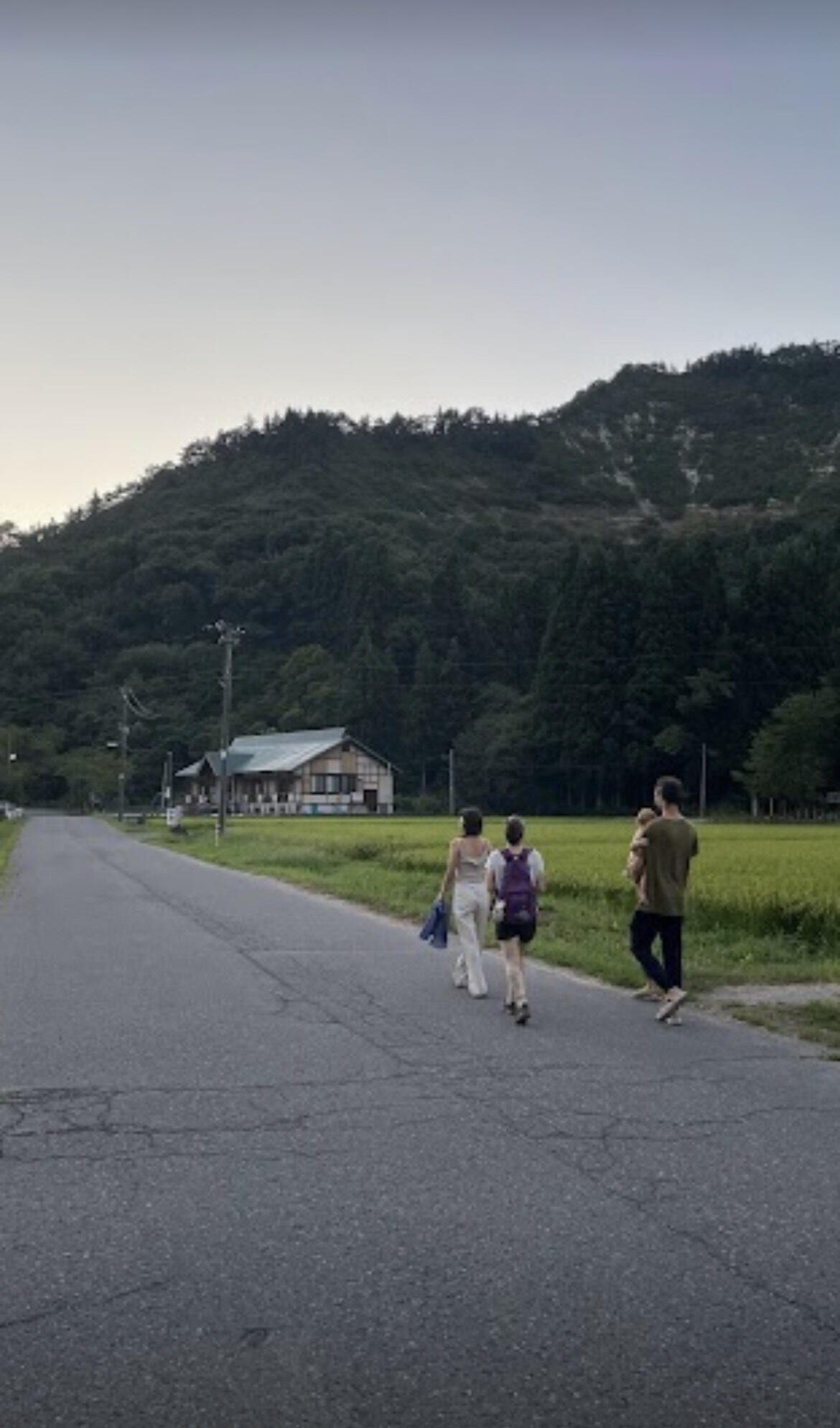
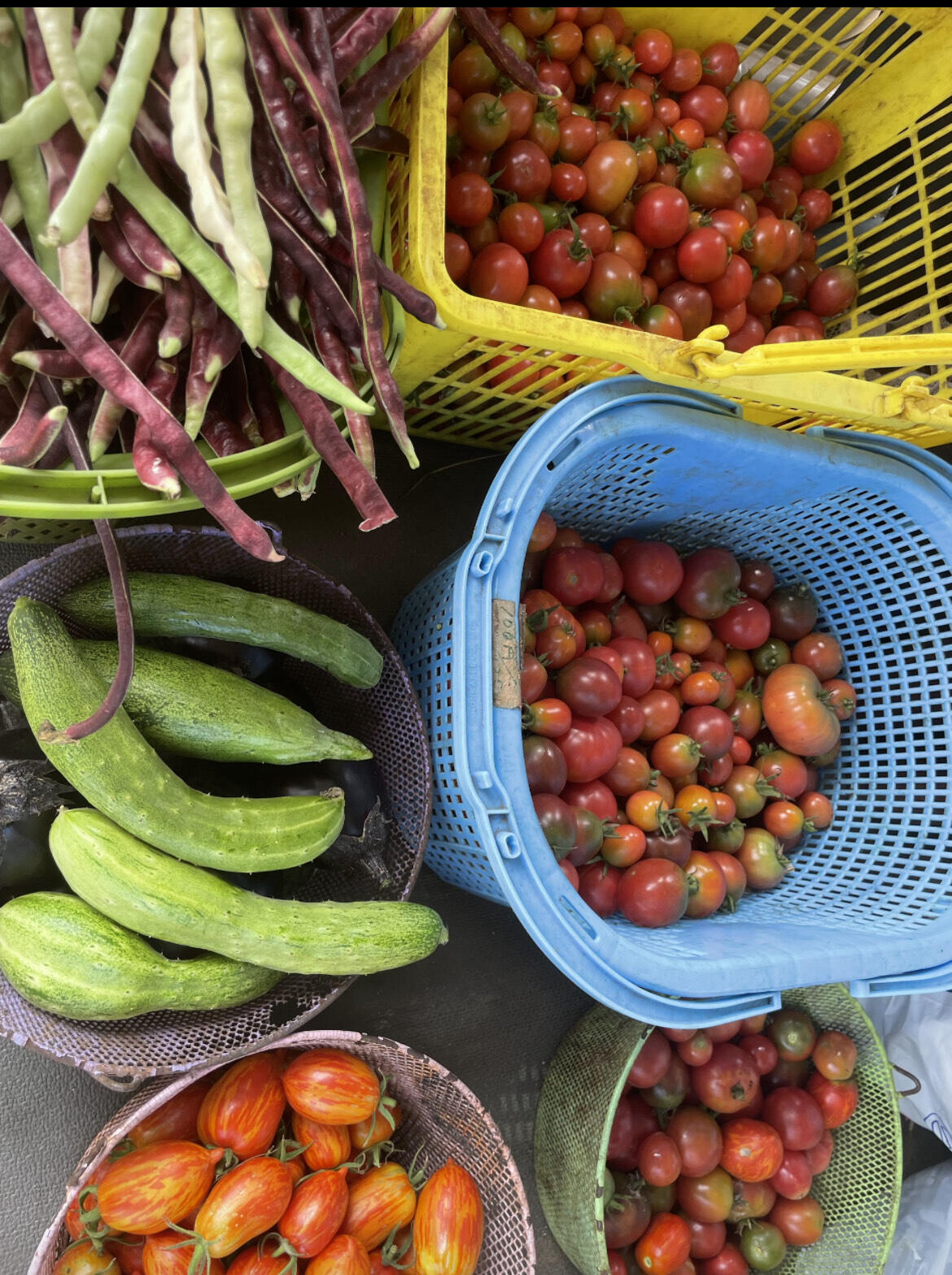
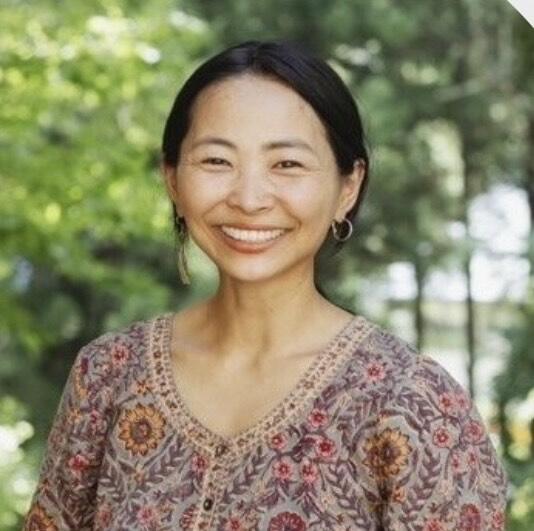
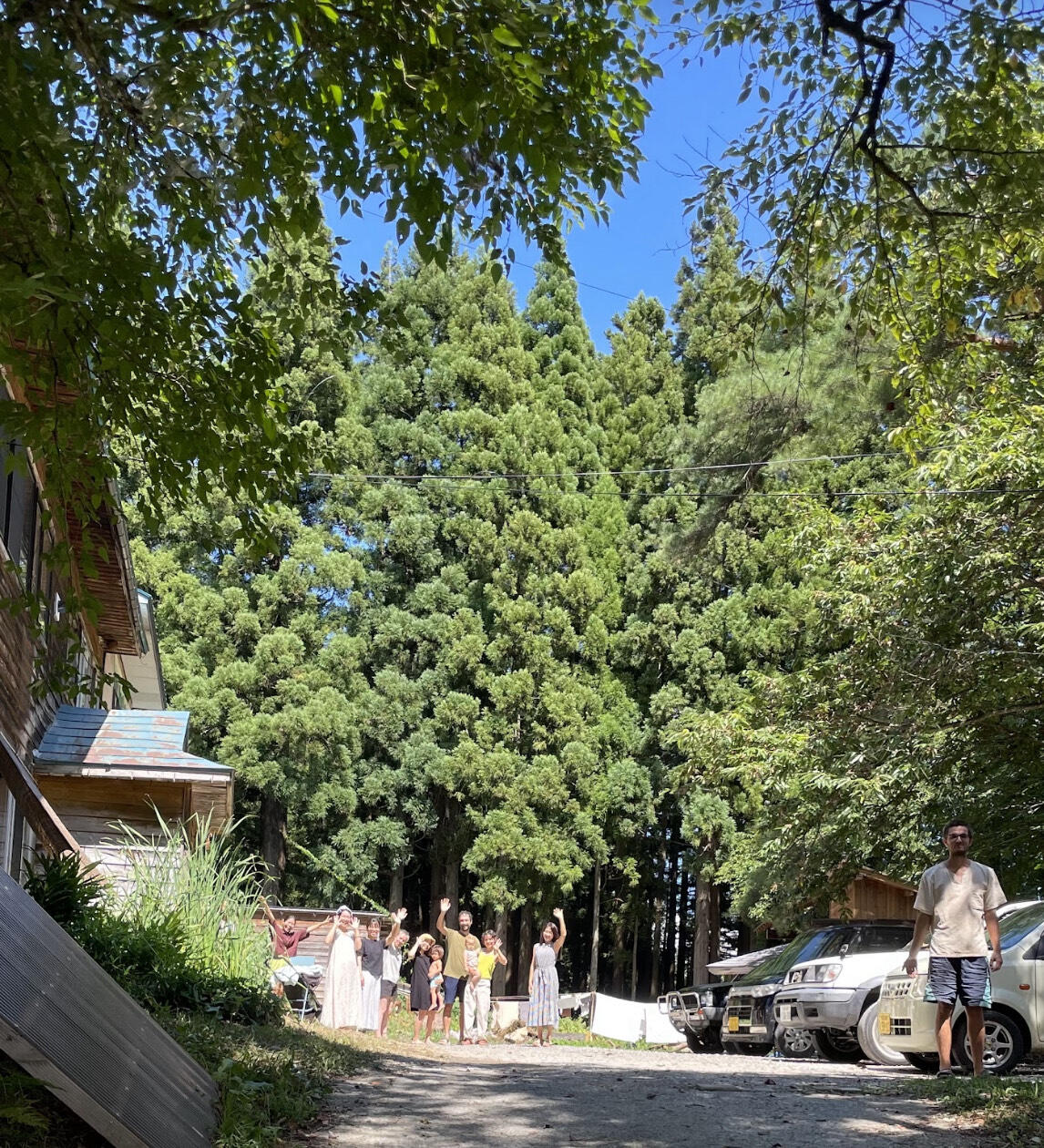
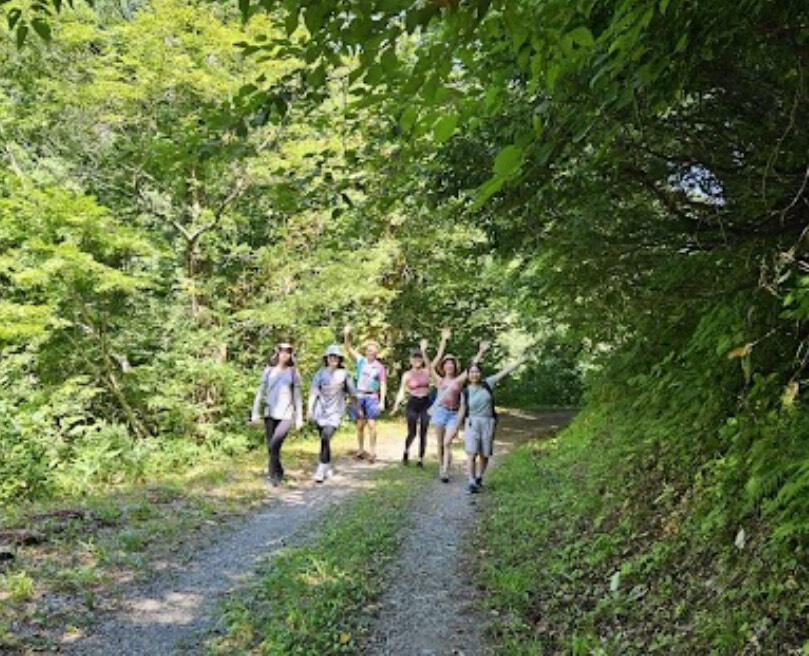
Reflecting ICU by the Graduating Students
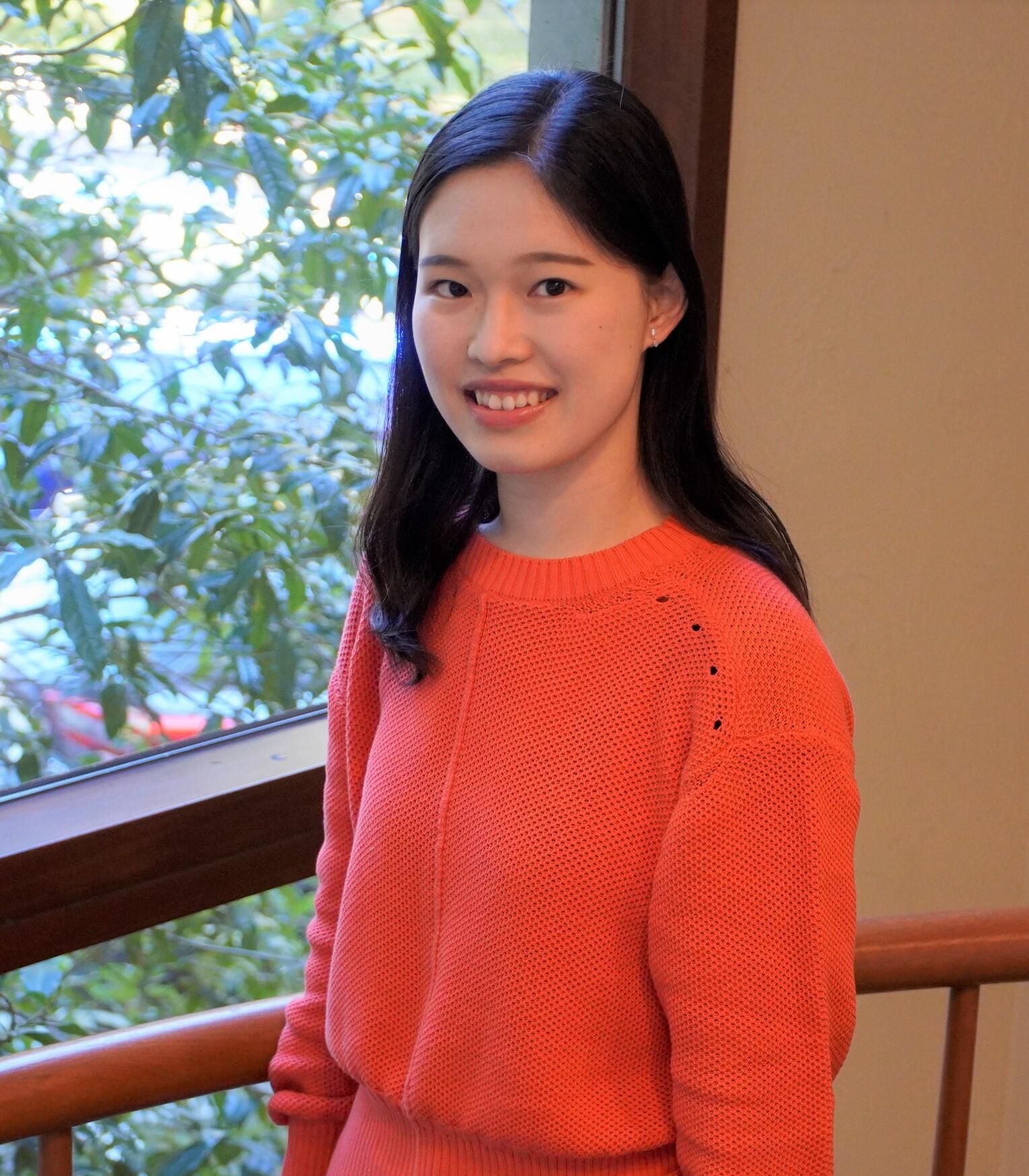 Rika Asakura
Rika Asakura
The Asia Christian Education Fund (ACEF)
I took the Service-Learning (SL) course of General Education in the spring term and continued service activities at ACEF in the autumn and winter term as Community Service-Learning. Then in the summer of 2022, I was able to travel to Bangladesh, which was not possible due to the COVID-19 epidemic, to visit primary and secondary schools supported by ACEF and observe microfinance, which was launched at the beginning of my SL activities.
Looking back, I feel that the SL activities I started immediately after entering ICU laid the foundation of the person I am now. SL activities required me to be proactive, not passive or servant-like, but rather to find questions on my own and work with the organizations I was involved with. This attitude has always been important to me in my other on- and off-campus activities, and is something I will continue to value in the future. SL also made me realize that I am not a helpless being, but one who can make a difference in society.
After graduation, I will work for an auditing firm. I would like to face social issues with high ethical standards and always keep thinking about what I can do as one who can make a difference in society.
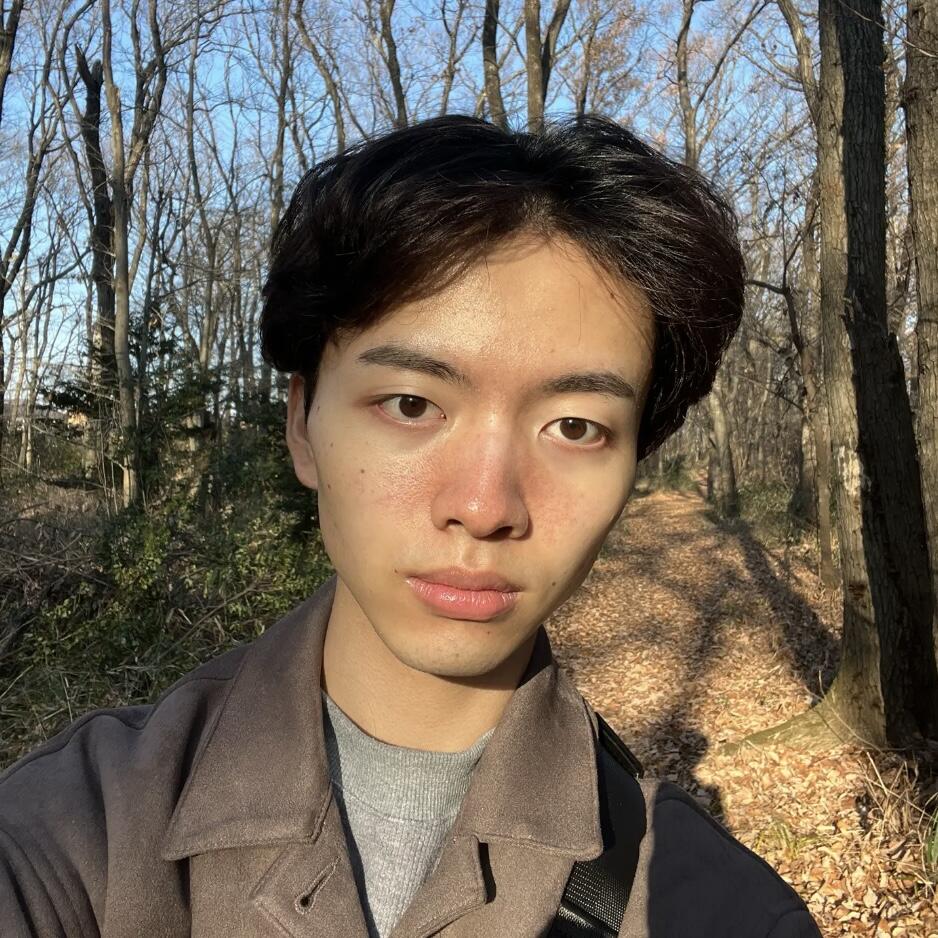 Masayasu Furukawa
Masayasu Furukawa
Meno Village Naganuma, Hokkaido
I spent the summer of 2021 at Meno Village Naganuma in Hokkaido, Japan, on a community service-learning program. It was an experience that deepened my thoughts on sustainable society by experiencing the community and nature-friendly agriculture that Mr. and Mrs. Raymond are engaged in. I asked myself wide-ranging questions, such as how farming affects the environment and how to shape the present and future of the community. It was sometimes confusing but fulfilling days. In particular, the no-till farming that I learned as part of my search for new farming methods deepened my interest in the relationship between plants and soil fungi and led me to decide on the graduate school I would attend. The days of thinking about the relationship between people, living creatures, and the environment through Service-Learning (SL) also led to my graduation research on the environmental philosophy of "ethics of the earth." In addition to academic understanding, SL helped me develop a respectful attitude toward things through experience. I believe that my interactions through SL changed my mentality even more than my classroom learning. I would like to continue my academic studies after going on to higher education, and at the same time, I would like to cherish my relationships with people and nature.
Service-Learning in ICU's Academics
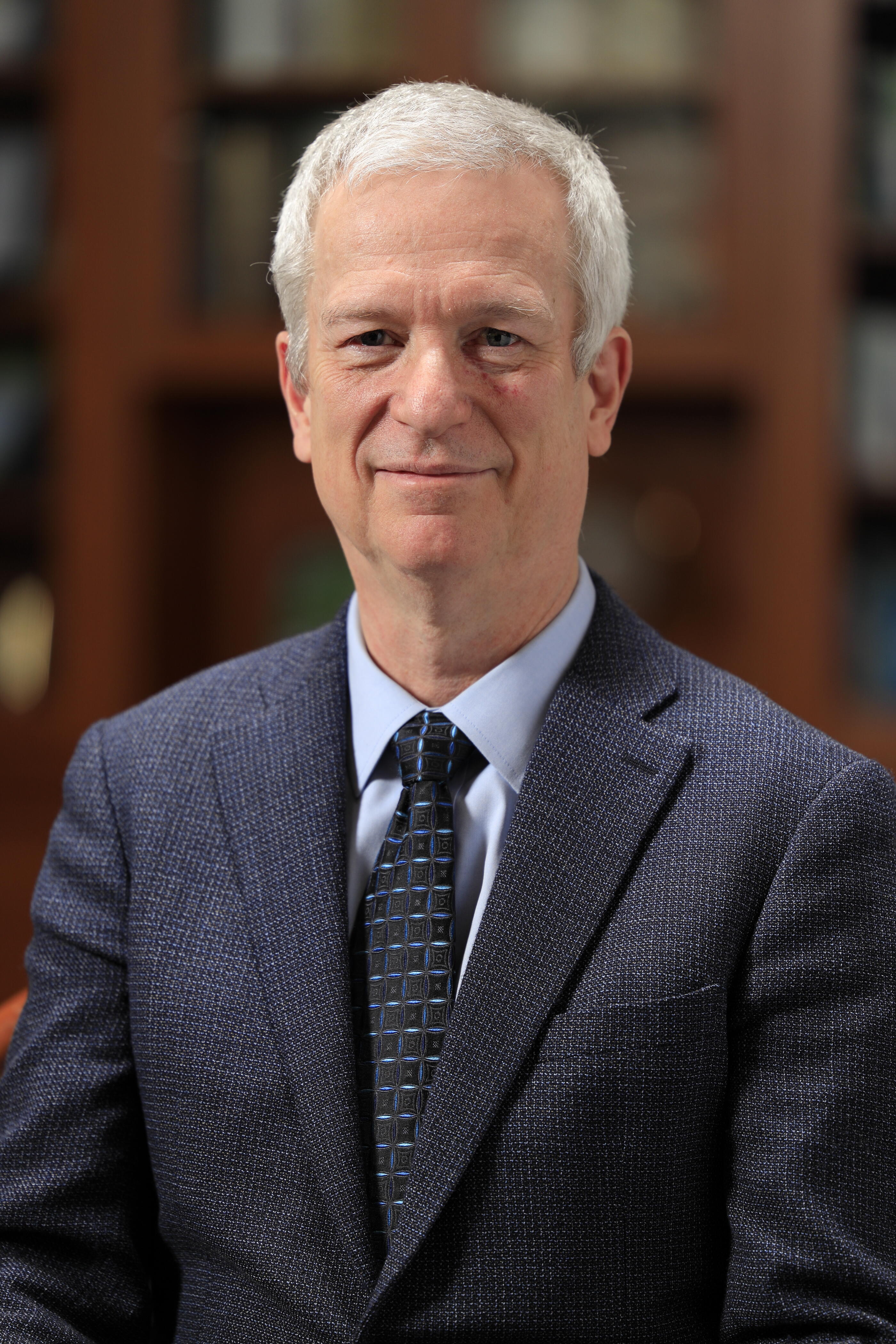 Professor Robert Eskildsen
Professor Robert Eskildsen
Vice President for Academic Affairs
International Christian University
Soon many students will graduate from ICU and they will enter a new phase in their lives. In April, new students will also enter a new phase as they begin their studies here. As this time of transition I would like to pause for a moment to consider the value of a university education. For me, that value lies mostly in the experiences that students have, and in the way that their experiences enhance their ability to contribute to society.
The Service-Learning Program at ICU provides wonderful opportunities for students to experience different social, economic and cultural environments. But when students engage in service activities, one theme seems to recur. The students intend to help others, but as they provide this help they often realize that they are also being helped. Service is not a one-way street, it is a form of dialogue, and through this dialogue students who participate in Service-Learning gain insights about themselves, about society, and about people who differ from themselves. Service-Learning provides value to students, but it is never too late to help others. If you step forward to help others you may learn how much it will help you.
Message from the Director of SLC
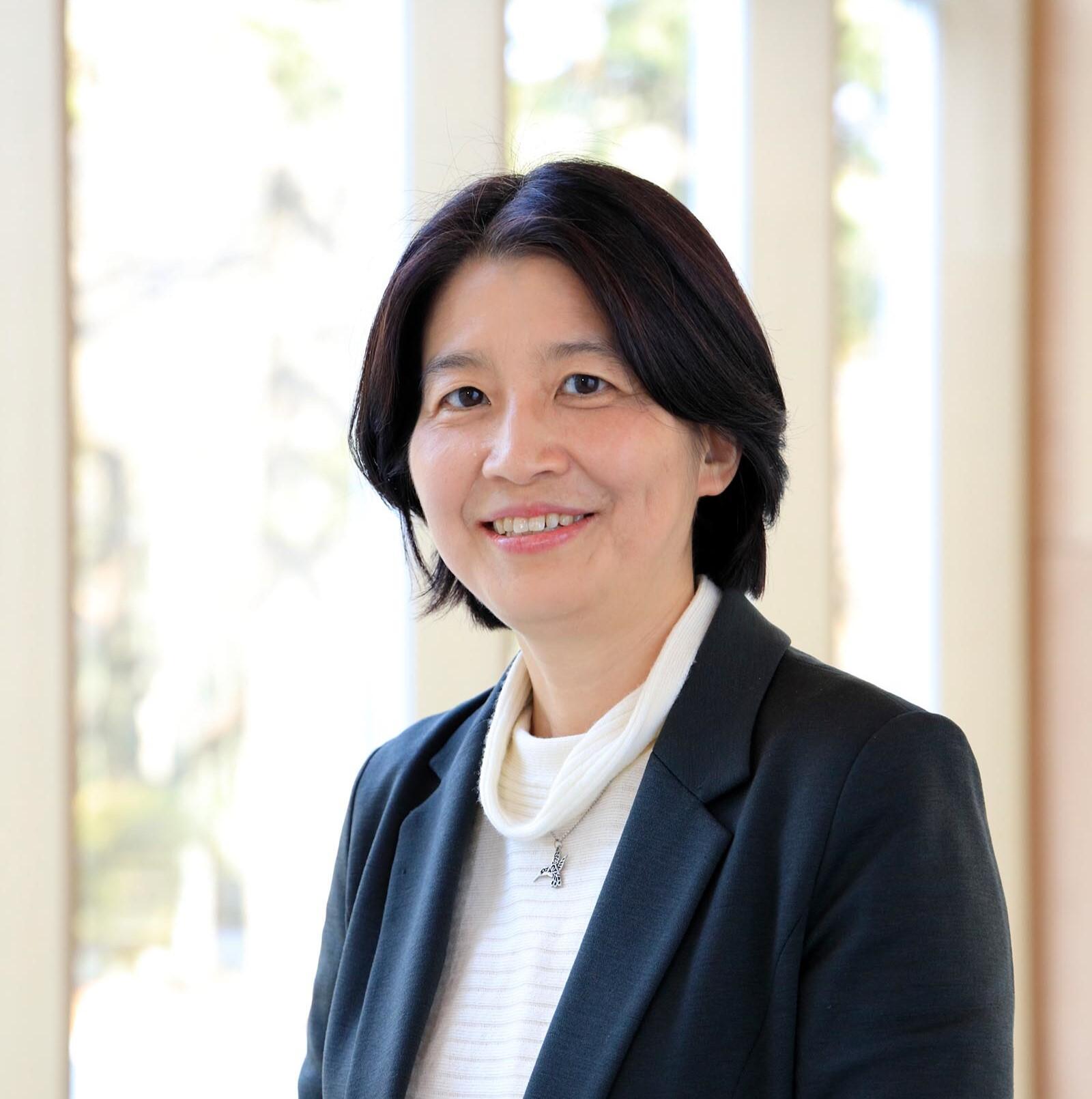 Professor Etsuko Kato
Professor Etsuko Kato
Cultural Anthropology
Director, Service-Learning Center
It was a very shocking start of the year with the Noto Peninsula hit by a major earthquake on New Year's Day. I would like to express my deepest sympathies to all those who have been affected by the disaster. You need to imagine contingencies, both at home and on the road. Even in service-learning, we had cases of major flooding at the service site. We may think we have gone to do a service, but under the disaster, we may be the ones who will be served and rescued by local people or rescue workers. In an unfamiliar place, even the young and most energetic person can become a "disaster-weak person." In such cases, it would be good to learn the position of the service recipient and if possible, ask if there is anything we can do or look for those who are in need, and offer some small help.
In Noto, it was reported that disaster victims themselves brought food from their damaged houses to a soup kitchen, and shared futons or fire and shelter in plastic houses with others.
I learned that there was no boundary between helping and being helped.
We pray for the earliest possible recovery for Noto.
Editor's note
![]() I'm thrilled to continue to learn and grow this year by challenging myself in different ways. With each step forward, I am excited about the journey ahead and look forward to seeing the growth I achieve in a year!
I'm thrilled to continue to learn and grow this year by challenging myself in different ways. With each step forward, I am excited about the journey ahead and look forward to seeing the growth I achieve in a year!
![]() I felt it was really important to review my house to prepare for a natural disaster.
I felt it was really important to review my house to prepare for a natural disaster.
I purchased the emergency kit, but I need to practice using it.
![]() As years pass, my mind and body stiffen without noticing it. I will make it my goal this year to take action to become more flexible instead of worrying and mumbling about it.
As years pass, my mind and body stiffen without noticing it. I will make it my goal this year to take action to become more flexible instead of worrying and mumbling about it.
![]() This year, I would like not to be afraid to challenge anything that interests me. To achieve my resolution, I must be in good health. That is why I started going to Pilates lessons. It has given me a chance to pay attention to how I should use my body by learning how the bones and muscles of my bodywork.
This year, I would like not to be afraid to challenge anything that interests me. To achieve my resolution, I must be in good health. That is why I started going to Pilates lessons. It has given me a chance to pay attention to how I should use my body by learning how the bones and muscles of my bodywork.
![]() I began to think about asset management through a lecture by a board member in charge of the university fund. I intend to continue my studies on investment and put them into practice this year.
I began to think about asset management through a lecture by a board member in charge of the university fund. I intend to continue my studies on investment and put them into practice this year.

